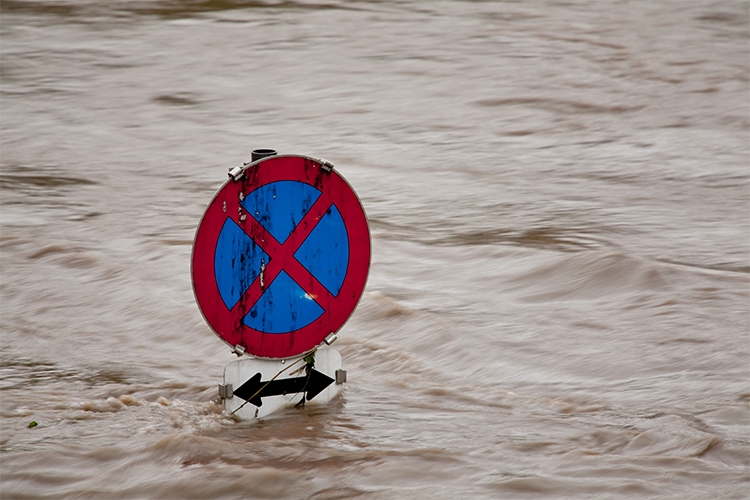By Duncan Muress, deputy head of complex liability and Dan Peck, regional director of complex liability
Landowners, developers, local authorities and government agencies can’t ignore the evidence of increasing flooding incidents.
Nor can they abrogate responsibilities to insurers for the subsequent costs. The challenges related to flood claims and rights of recovery are ongoing, but there are several measurers that business and property owners can invest in to stop water escaping from their land.
Climate change
Changing weather patterns have resulted in increased storm frequency, duration and intensity, which has escalated the risk of both flooding and drought in the UK. According to the Environment Agency, one in six UK properties is at risk of flooding — equating to 5.4 million homes and businesses. Worryingly, up to 40% of companies face devastating consequences following a significant flood event. In 2020, storms Ciara, Dennis and George cost insurers £540 million — contributing to a £1 billion total annual industry bill. When you add uninsured losses, that number could easily double.
Increased intensity of rainfall isn’t the only factor to consider. Soil that’s been saturated by previous storms or baked hard by the sun causes more surface water run-off into local watercourses. This introduces additional issues, including adequate and well-maintained drainage systems and flood defences. If rivers aren’t dredged and drains aren’t cleared, there is an obvious risk of flooding during a significant wet weather event.
Potential manslaughter charges
The July 2021 flooding in Germany cost the reinsurance and insurance industry between an estimated €4.5 billion to €5.5 billion. Tragically, some 141 lives were lost. According to press reports, German prosecutors launched an investigation and considered possible manslaughter charges following this deadly event. Failingto mitigate the effects of climate change and subsequent flooding events can potentially act as a catalyst for a complete review of the adequacy of flood warning and defence systems worldwide.
Improved land management
There are signs that a more cohesive approach is developing amongst responsible landowners, including new methods of river management. For example, in Cumbria, the National Trust is working with tenant farmers to move away from historic flood prevention practices. Previously, these practices exacerbated the flooding of downstream urban areas in favour of creating natural river flows. This effort could provide flood protection for other lakeland villages such as Glenridding in Ullswater and help create large wetland areas for wildlife to thrive.
Statutory acts and case law
When flooding losses arise, legislation provides guidance on the various rights and duties of landowners, with the maintenance responsibilities of water companies and wider government agencies. Put simply, if you own a plot of land, you cannot alter the watercourse or divert floodwater from your land to someone else’s land. However, you can erect defences to prevent floodwater from coming onto your land in the first place.
Countless incidents of case law have tested legal liability issues at common law – of both naturally occurring flooding due to extreme weather events and flooding occurring or exacerbated by the action or inaction of the landowner or occupier. In some cases, the landowners’ defence may have included claims that extreme weather conditions were the cause of losses to neighbouring properties. However, courts have previously ruled that the landowners did not do what was reasonable to prevent or minimise the risk of known or foreseeable damage or injury to the plaintiffs.
Potential for recovery
When considering the possibility of a recovery action or how a recovery action can be defended, it’s crucial to secure any available evidence early. The circumstances building up to each event must be examined and all lines of enquiry exhausted. This could extend to contacting local flood forums and investigating social media feeds to gather sufficient historical background and local knowledge.
Tipping point
The development of case law and the enormous publicity surrounding climate change suggests that we have passed a tipping point regarding any argument that landowners might be unaware of their responsibilities. Extreme weather events have become more frequent and can no longer be cited as ‘extraordinary’.
While insurers continue to spend significant sums of money annually on a growing number of flood claims, the need to take a closer look at recovery is wholly justified. The frequency and severity of weather-related events will continue to increase and there’s little doubt that litigation will ensue — escalating the cost to the insurance industry. A collaborative action amongst insurers by sharing expert evidence could set a new precedent on how flood recovery claims can be pursued or defended across the insurance industry.
For additional insight on statute and case law in relation to flood claim recoveries, listen to the full webinar here.

